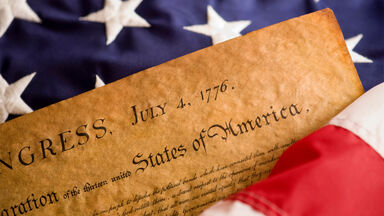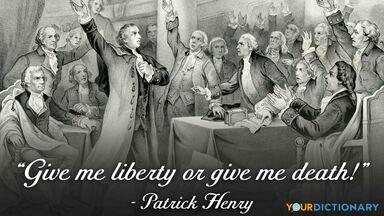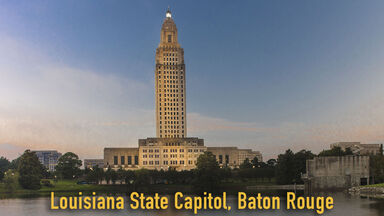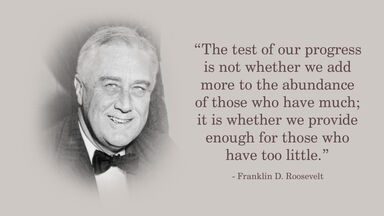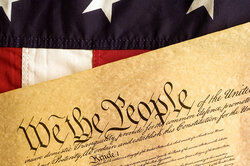He was one of Maryland's representatives in the Continental Congress in1784-1785and in the Constitutional Convention of 1787 at Philadelphia, but.
He was sent as a delegate from New York City to the Continental Congress at Philadelphia in September 1774, and though almost the youngest member, was entrusted with drawing up the address to the people of Great Britain.
As a member of the fourth provincial congress he drafted a resolution by which the delegates of New York in the Continental Congress were authorized to sign the Declaration of Independence.
In 1777, largely, it seems, because he refused to treat the electors with rum and punch, after the custom of the time, he was not reelected, but in November of the same year he was chosen a member of the privy council or council of state, in which he acted as interpreter for a few months, as secretary prepared papers for the governor, and in general took a prominent part from the, 4th of January 1778 until the end of 1779, when he was elected a delegate to the Continental Congress.
By the Articles of Confederation and Perpetual Union adopted by the Continental Congress in 1777, and in effect in 1781-1789, the states bound themselves in a league of common defence.
